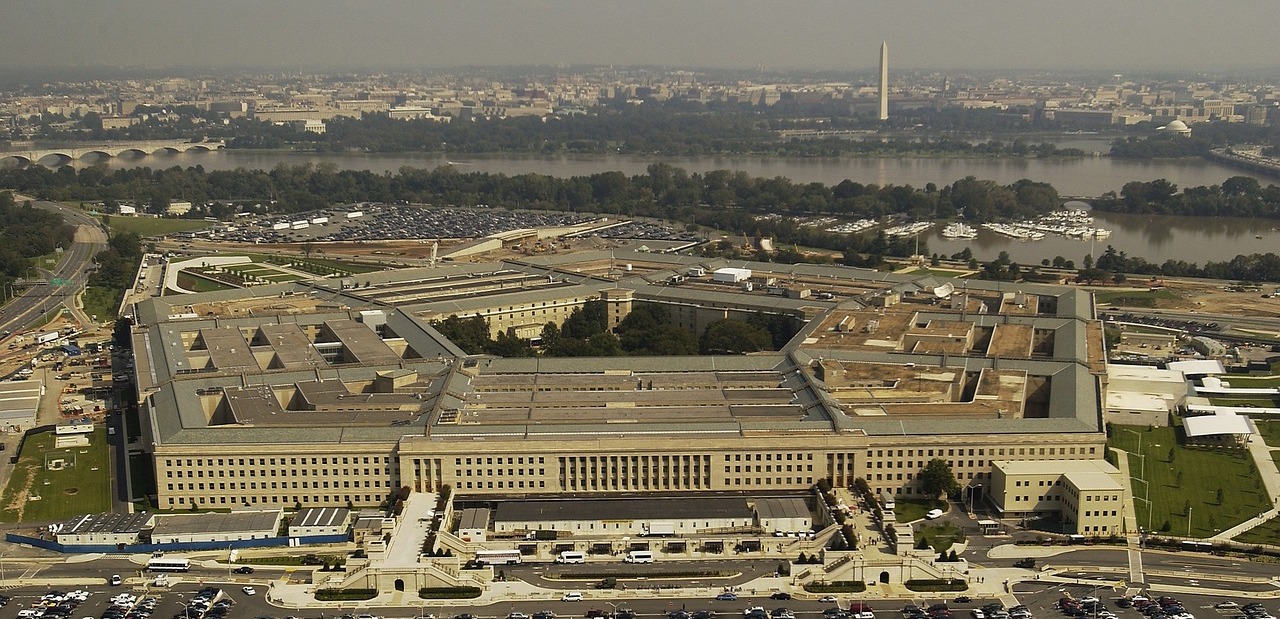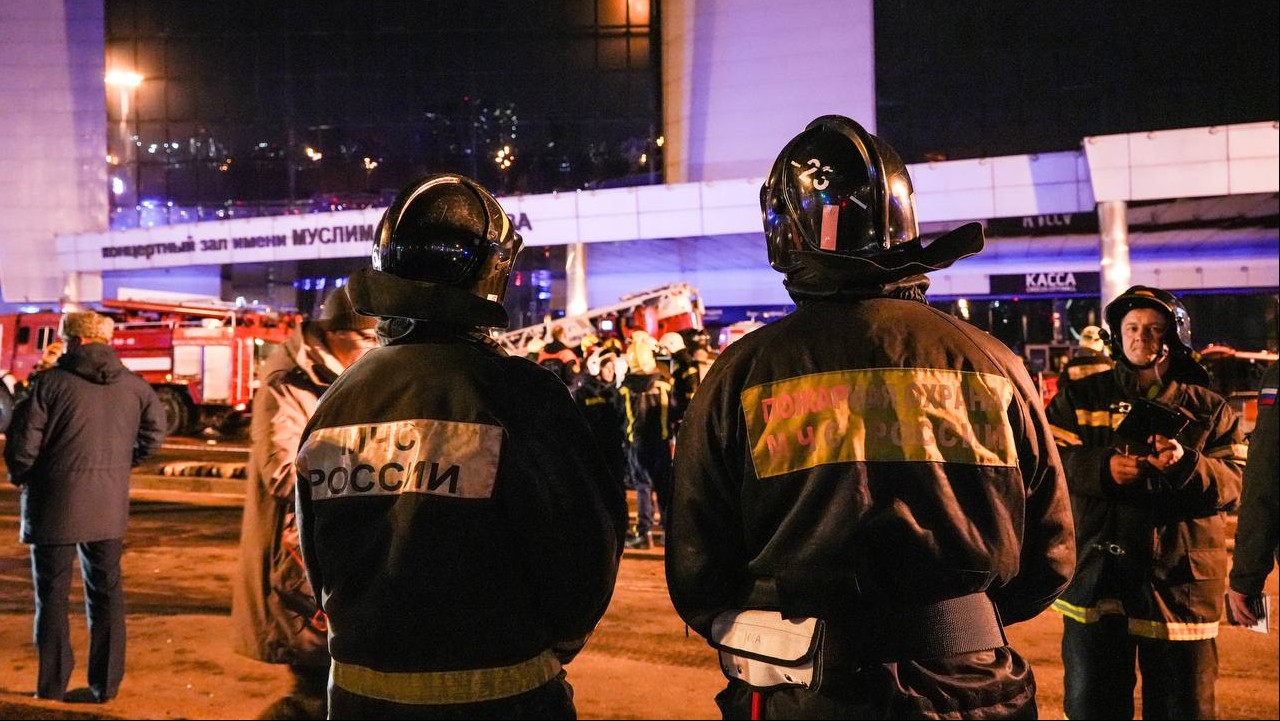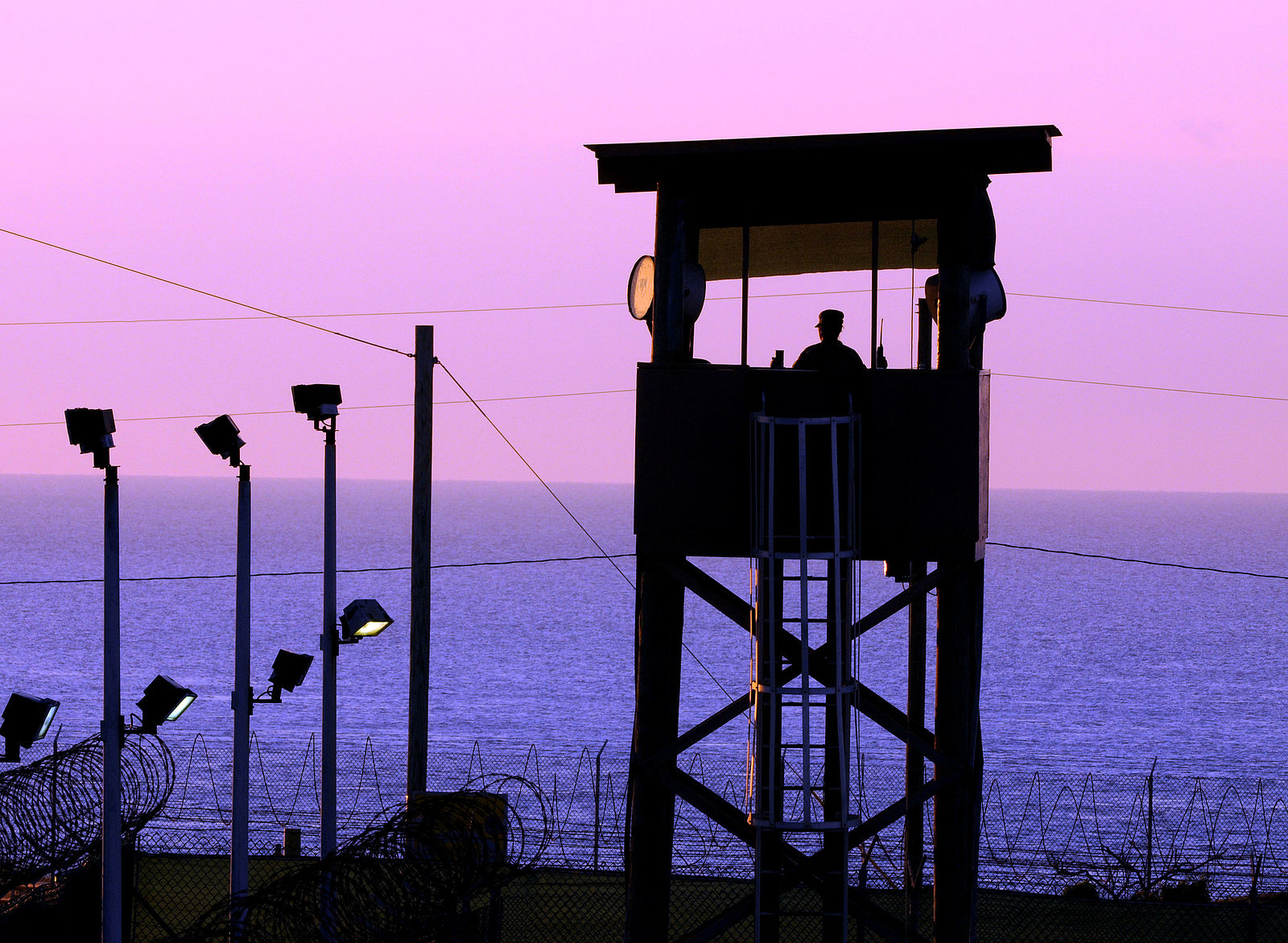
Danish veterans stage silent protest at US embassy
Hundreds of Danish veterans and supporters staged a silent march from the historic Kastellet fortress to the US Embassy in Copenhagen as part of a “No Words” mobilization to protest recent US rhetoric that organizers said demeans Denmark’s combat contributions alongside American forces. Organizers also linked the march to the status of Greenland, upholding the right of self-determination for the Danish island territory. Recent demands by President Donald Trump for US annexation of Greenland, and comments seeming to question the courage of Danish soldiers, have stirred a sense of betrayal for many in Denmark, particularly those who fought alongside US troops in Iraq and Afghanistan. (Image: No Words)









